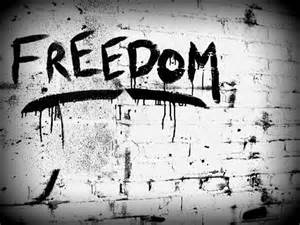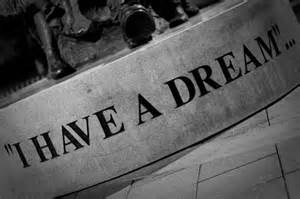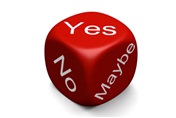
I have an old hat that a friend of mine used to wear. Now it’s faded and the threads are starting to wear thin. I’ve washed it a few times, always by hand, but every time I wash it, it seems to get weaker. My friend, Turid, was from Norway. She died a few years back of a brain tumor. When her hair fell out she wore this hat to keep her head warm. Now I wear it to keep my head warm.
I can’t say that it’s the best looking of hats. It was bought in the airport in Oslo; kind of a last minute thought. It’s come a long way from the rack in an airport kiosk. It is probably my favorite hat, but when I wear it there are many that make fun of me.
“You look like a fisherman in that hat!” they’ll say.
Or, “That’s kinda funky…”
Or, “Have you thought about buying another hat?!”
I smile; they mean no harm. But, I think of what they’d say if I told them the story of Turid and the hat. I never do, because I learned from Turi to never say anything that might make people feel bad, if you don’t have to.
I suppose that I could quit wearing the hat and put it up in a special place, a box or frame, to remember her by. But I’m fairly certain that she would frown upon such a scheme. “A hat is to be worn…” she might say, “So, wear the hat!” And I do.
Of course, I’m attached to the hat; it means a lot for obvious reasons, but it has come to stand for more than it means. I am committed to the hat, one may say. There are new, and better hats, but none quite so good as this one. There are warmer hats, and hats that cover my ears on cold days, but none quite so comforting as this hat.
Turid died some years ago, but I had the pleasure of meeting her parents in Bergen Norway, as well as her children. Her parents made a mark on me; a mark that people rarely make. They were honest and sincere, and we hit it off right off the bat. They had dignity and integrity; they had character and were committed. They were set in ways, not because of tradition, but because the ways were trustworthy, practical, and utilitarian: they are simply right.
Although I only met them for a few hours one night, Turid’s mother hugged me (very un-Norwegian), and told me to take care of Gunnar (Turid’s husband, also a good friend of mine). Her father showed me his old woodworking bench, worn by years of use. He, like I have become, was committed.
So, the hat and I have a history and it has become a part of my history. I love this old, ugly hat but in a way that only those who understand the importance of committing one’s self to something inherently good can do. I think it’s funny how some cheap, stitched up airport hat can become a treasure and I wonder about those who make a treasure out of things they are not committed to. This old hat has at least taught me that, and it keeps my head warm enough for all that.






